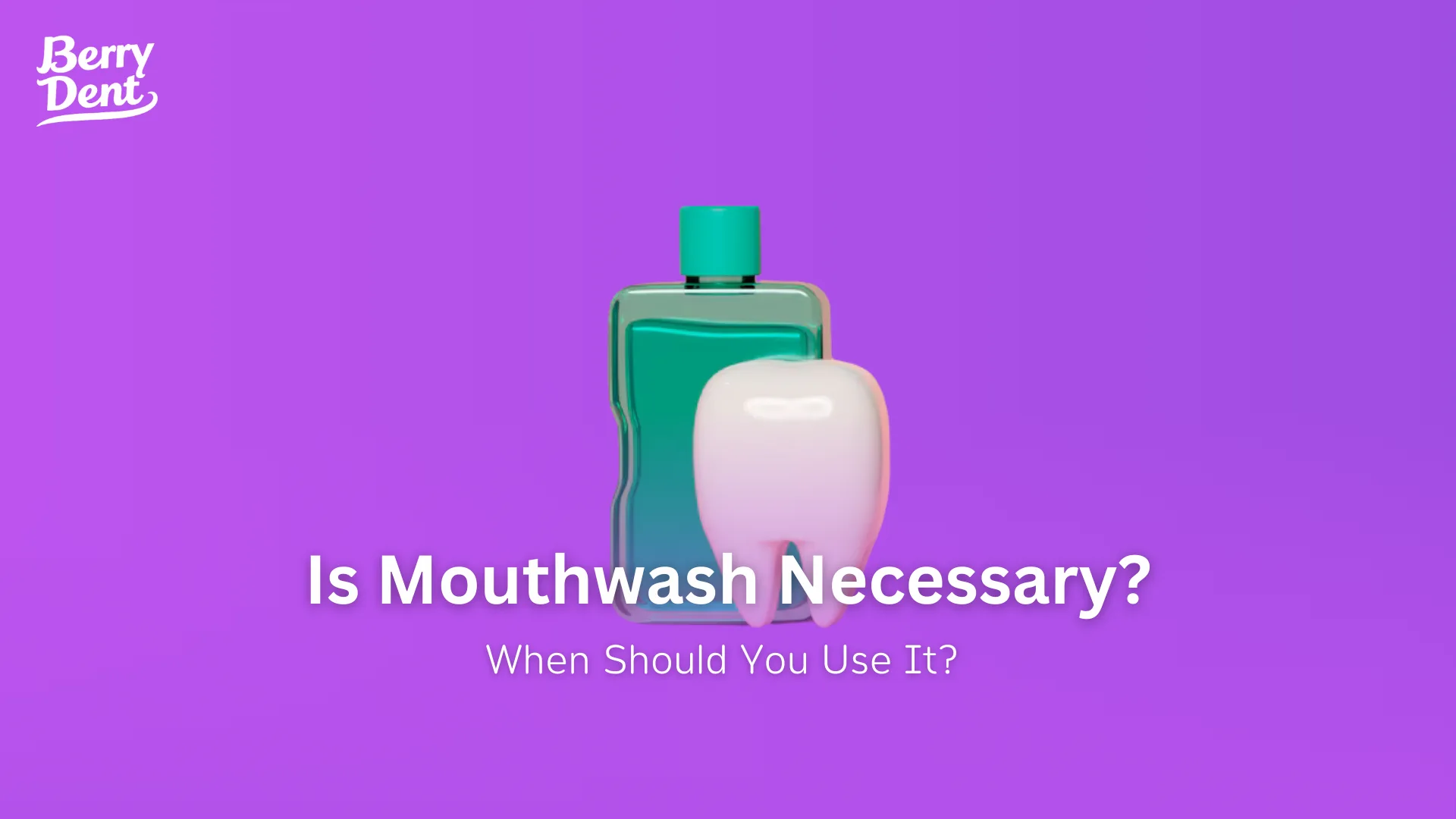Maintaining clean and healthy oral health is not limited to just brushing and flossing. There is another product that many may overlook: “Mouthwash.” Many may wonder how necessary mouthwash is and when to use it. Berry Dent will help you understand the role and importance of mouthwash in oral care for better oral hygiene.
What is Mouthwash?
Mouthwash is a product used to clean the mouth. It contains substances that help reduce bacteria, reduce plaque buildup, freshen breath, and prevent tooth decay. There are many types of mouthwash, each with different properties and indications.
What Types of Mouthwash Are There?
Generally, mouthwash can be divided into two main types:
- Fluoride Mouthwash: This type of mouthwash contains fluoride, which helps strengthen enamel, prevent tooth decay, and reduce plaque buildup. It is suitable for those who want to prevent tooth decay and those with braces.
- Antiseptic Mouthwash: This type of mouthwash contains antiseptic substances such as chlorhexidine, which helps reduce bacteria in the mouth, reduce gum inflammation, and treat gingivitis. It is suitable for people with gingivitis, those who have just had oral surgery, and those who want to reduce bacteria in the mouth.
How Necessary is Mouthwash?
Mouthwash is not essential for oral care but is a supplementary product that can help improve the efficiency of oral cleaning, especially in areas that are difficult for toothbrushes and floss to reach, such as between teeth or areas with mouth sores.
What Are the Benefits of Mouthwash?
- Reduces Bacteria: Mouthwash containing antiseptic substances helps reduce bacteria in the mouth, which causes tooth decay, gingivitis, and bad breath.
- Reduces Plaque Buildup: Mouthwash containing fluoride helps reduce plaque buildup, which causes tooth decay and gingivitis.
- Freshens Breath: Mouthwash contains flavoring agents and essential oils, which freshen breath.
- Prevents Tooth Decay: Mouthwash containing fluoride helps strengthen enamel, prevent tooth decay, and reduce mineral loss from teeth.
- Treats Gingivitis: Mouthwash containing antiseptic substances helps reduce gum inflammation and treat gingivitis.
When Should You Use Mouthwash?
Generally, mouthwash should be used after brushing and flossing so that the substances in the mouthwash can effectively reach and clean the mouth. In addition, mouthwash may be used after meals to help reduce bacteria and plaque in the mouth.
How to Use Mouthwash Correctly
- Rinse your mouth with clean water before using mouthwash.
- Pour the amount of mouthwash specified on the product label.
- Swish the mouthwash throughout your mouth for about 30 seconds.
- Spit out the mouthwash without rinsing with water.
Precautions for Using Mouthwash
- Do not swallow mouthwash.
- Do not use mouthwash in children under 6 years of age.
- Do not use mouthwash containing antiseptic substances for a long period, as it may cause side effects such as tooth discoloration and abnormal taste.
Using mouthwash correctly and appropriately can help improve the efficiency of oral care, but the most important thing is to brush and floss regularly to remove plaque and food debris that accumulates in the mouth.
If you want to take your oral care to the next level, choose your toothpaste carefully. Berry Dent hybrid herbal toothpaste combines the power of nature and science. With 1500 ppm fluoride, it helps strengthen enamel, along with extracts from 5 super berries and other herbs that help reduce bacteria, reduce inflammation, and nourish strong gums, delivering long-lasting freshness, giving you confidence in your smile all day long.


